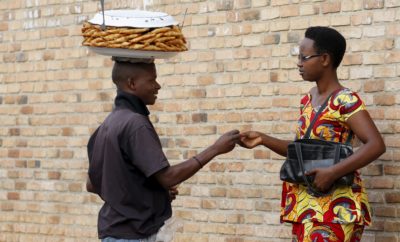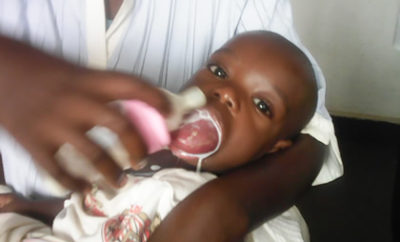
Burundi: Ngozi, Ruhororo: young people condemned to celibacy
The construction of houses by young boys who wish to marry is no longer permitted in the Ruhororo site since 2014.
There are hundreds, these young boys of the site in age or having exceeded the legal age to marry, here 21 years. They can not, however, bring women away from a marital home. In rural areas, a young mature boy must build a house for his marriage in the family property. He can then ask for a girl’s hand and start her own home. According to administrator Mamerte Birukundi, it is currently formally prohibited to build new houses in the site of the displaced people of Ruhororo. Only the rehabilitation of existing houses is allowed.
The measure dates from the publication of the report of an ad hoc commission set up by the governor of the province of Ngozi to study the problem of the site of the displaced people of Ruhororo and the surrounding hills for a lasting solution. The conclusions of the commission recommended, among other things, the suspension of the authorization to build new houses in the walls of the Ruhororo site. They were challenged by 566 signatories who were nationals of the site.
Discontent among young people
Among them, C. R, a young man over 26 years. He testified: “I planned to found my home more than two years ago. It remains like a utopia because I do not have a house. Yet there is a place in the plot of our family at the site. But the administration forbade these young people to erect new constructions.
A father of a family in a bistro at the site of the displaced in Ruhororo describes the situation as serious: “Our children no longer have the right to marry. “. Rather, it proposes that this measure be lifted for the benefit of young people and their families.
The other consequence is the proliferation of cases of pregnancies among young girls and babies without legal fathers. This is the observation of Claudine Niyonzima, a teacher living on the site: “Unable to have husbands, girls have no choice but to give birth to their parents. ”
For the administrator Mamerte Birukundi, no law, decision or administrative measure prohibit marriage to these young men. But since the report of the ad hoc committee has been endorsed and accepted by the provincial authority, it is applicable pending its revision. Mrs Mamerte said, however, that a new dialogue was envisaged in the near future and the question could be asked in its entirety.
It should be noted that the displaced people of Ruhororo have more than 10,000 inhabitants. It was born after the socio-political crisis of 1993. It is subject to security turbulences which often turn into conflicts that can result in physical violence. The last ones date back to 2016, with the administration and the youth accusing each other of causing the disruption of the security of the site and the surrounding hills.






